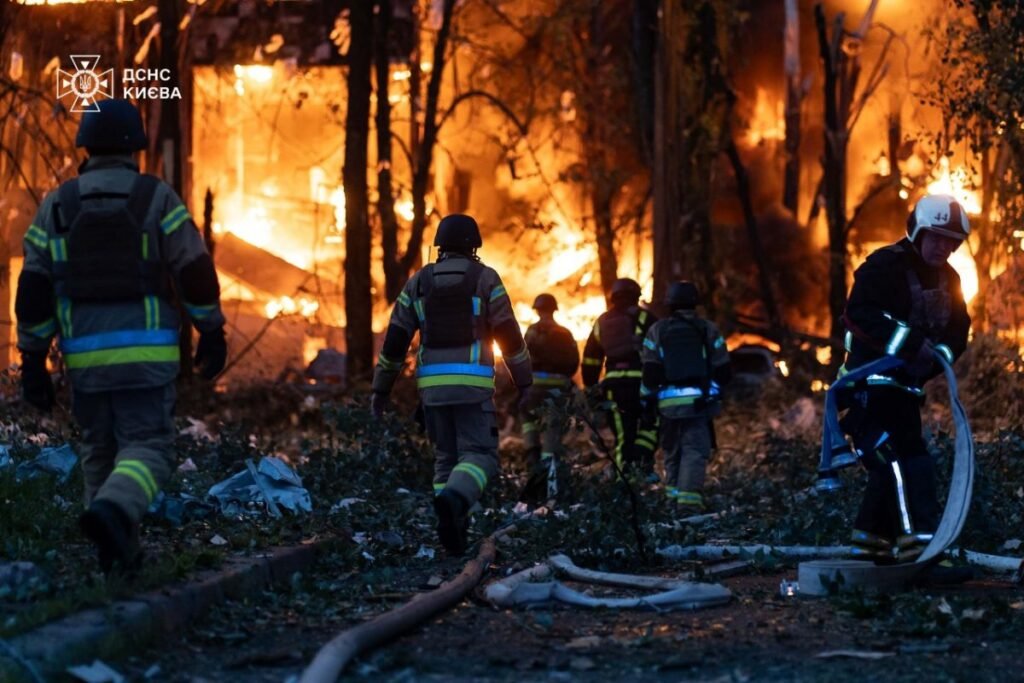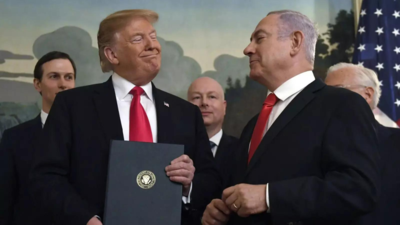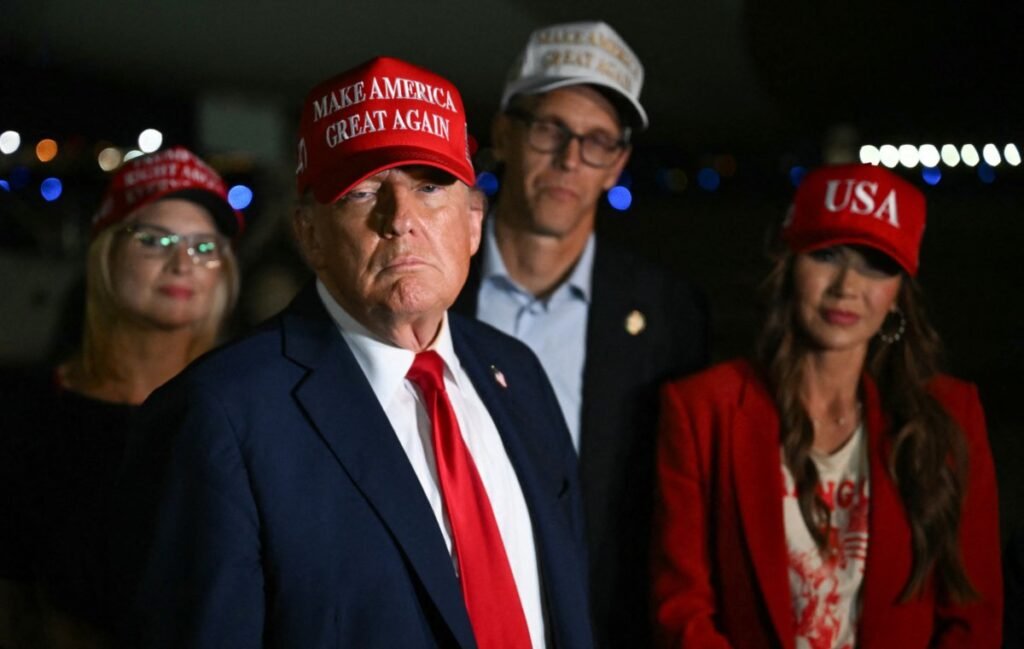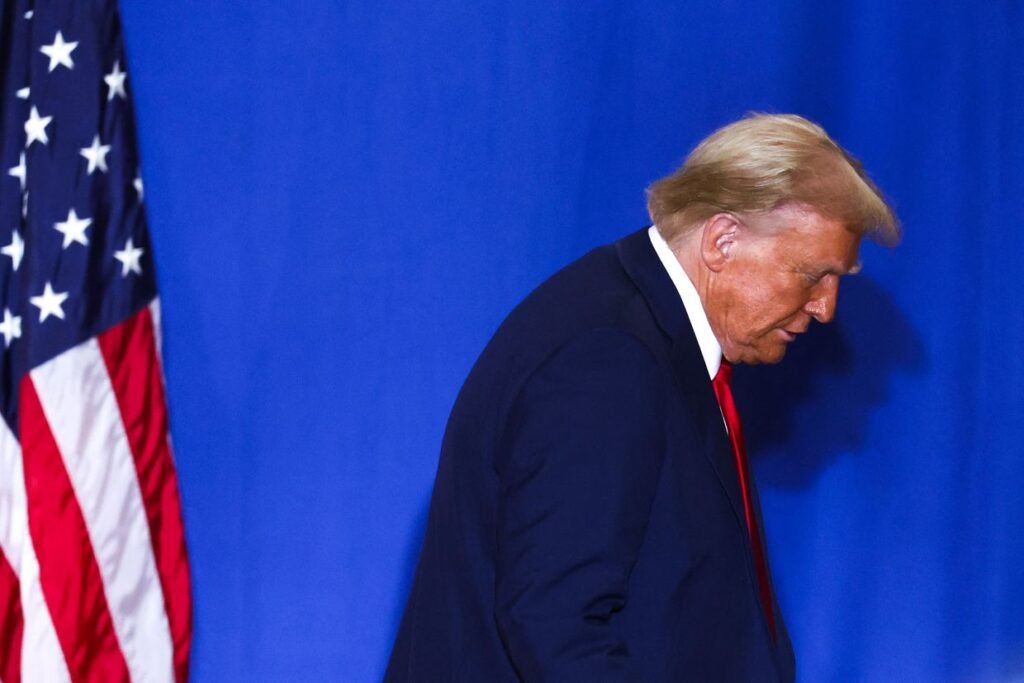State Department spokeswoman Tammy Bruce said Wednesday that Iran “must cooperate fully, without further delay” after President Masoud Pezeshkian signed a law suspending his country’s cooperation with the International Atomic Energy Agency (IAEA).
Iran’s parliament had voted to suspend cooperation previously.
In response to a question at a press briefing about Iran’s significant move, Bruce first interjected and said sarcastically, “surprise,” then chuckled and said “I have a few” thoughts on the topic.

Secretary of State Marco Rubio, left, and Defense Secretary Pete Hegseth attend an event to promote President Donald Trump’s domestic policy and budget agenda in the East Room of the White House, Thursday, June 26, 2025, in Washington.
Associated Press
She said, “It is unacceptable that Iran chose to suspend cooperation with the IAEA at a time when it has a window of opportunity to reverse course and choose a path of peace and prosperity.
“Iran must cooperate fully, without further delay.”
Bruce’s lengthy statement continued, “Prior to the United States’ successful military operation, Iran was amassing a growing stockpile of highly enriched uranium for which there was no credible peaceful purpose, and it was the only state producing highly enriched uranium, up to 60%, that does not have nuclear weapons.”
“Iran must fully comply with its safeguards agreement required under the NPT (Treaty on the Non-Proliferation of Nuclear Weapons), including by providing the IAEA with information required to clarify and resolve long-standing questions regarding undeclared nuclear material in Iran, as well as provide unrestricted access to its newly announced enrichment facility.”
“We look forward to further detailed reporting from the IAEA about this. It is worth repeating, as we’ve made tremendous strides to this through Donald Trump’s leadership, Iran cannot and will not have a nuclear weapon.”
Iran could use the suspension of IAEA cooperation as leverage in future negotiations on its nuclear program, though no talks are currently due after Tehran rejected President Donald Trump‘s offer to restart diplomacy immediately on the issue.
The Iranian foreign ministry had earlier warned that it was unrealistic for the IAEA to expect a return to normal cooperation so soon after the strikes by the U.S. and Israel, and that it could not guarantee the safety and security of nuclear inspectors.
Trump has said the strikes caused “total obliteration” of Iran’s nuclear facilities. Senior Iranian officials have acknowledged serious damage to the sites. But international inspectors have not yet been given access to fully assess the situation.
The three main nuclear sites involved are at Fordow, Natanz and Isfahan.
Update: 7/2/25, 3:06 p.m. ET: This article was updated with new information and remarks.







